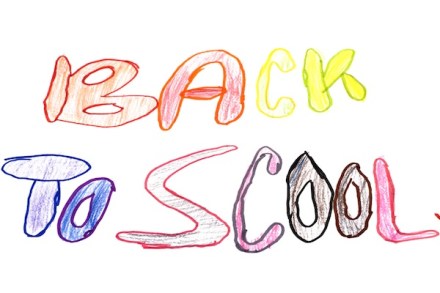Sorry, A.A. Gill, but good English really does matter
Last week saw the launch of the Bad Grammar Awards, an annual contest in which prizes are handed out for poor English. Actually, ‘prizes’ is probably the wrong word since no one wants to win them. No one, that is, apart from A.A. Gill. He entered himself and submitted a badly written email that he’d composed specifically. The judges, of whom I was one, considered this but ruled it out on the grounds that Gill would never write as badly as that for the Sunday Times. He may hate grammarians and their pedantic tribe — a point he was trying to make — but his newspaper columns are grammatically sound.


















